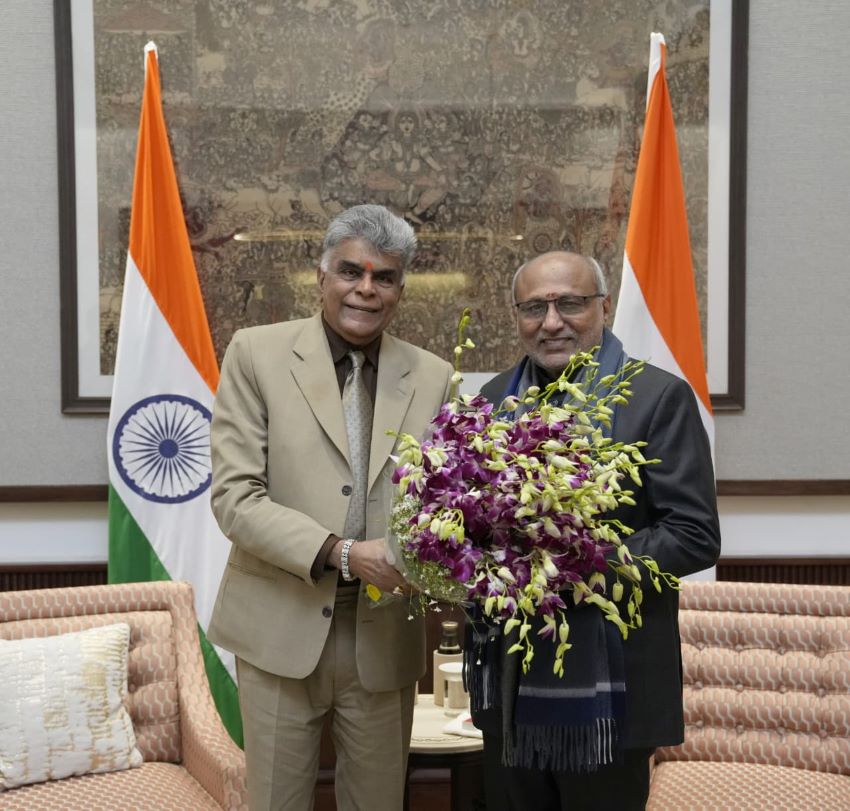Driven by a surge in demand for personalised products, rapid technological advancements, and a growing focus on sustainability, the global digital printing market is expected to grow exponentially to $8.8 billion by 2034.
As per a report by Future Markets Insight, the global digital printing market is anticipated to grow at a 12.1 per cent CAGR from 2024 to 2034. The market is currently witnessing a significant surge in demand for personalised silk and polyester apparel adorned with unique printing designs. This heightened demand has opened vast opportunities for digital textile printing providers, positioning them as pioneers of innovation in the industry.
There is an anticipated shift from traditional textile processes to digital forms, signaling a transformative impact on the textile landscape and hinting at a dynamic future where innovation aligns with evolving consumer preferences.
The rising use of dye-sublimation digital printing and the integration of printing techniques to achieve high printing speeds have contributed to rapid market expansion, particularly in developing economies, where advantages like low cost and durability resonate with consumers.
However, the market remains challenged due to the high cost of digital textile printing machines which are more expensive compared to traditional printing methods.
The adoption of single-pass printing for higher quality also adds to the cost, necessitating skilled operators to achieve desired outcomes. To overcome these market constraints, manufacturers are focused on reducing expenses associated with ink and pigments.
North America holds a significant share of the digital textile printing industry, propelled by digital natives and prominent industry players. Meanwhile, in India, the expansion of digital textile printing is supported by the robust performance of the textile sector and an anticipated growth rate.
The direct-to-fabric (DTF) printing process is driving high market growth, followed by direct-to-garment printing and dye sublimation printing. The fashion industry commands a substantial share in the global digital textile printing market, with technology enabling faster production, customisation, and unique design capabilities while reducing inventory costs and facilitating faster responses to fashion trends.
The competitive landscape of the global digital textile printing market is intensifying, with new vendors entering the market to meet the growing demand for environmentally friendly products. Leading participants including Kornit Digital, Seiko Epson Corporation, Mimaki Engineering, and Durst Group are focusing on new product releases and partnerships to stay competitive in the evolving market landscape.












